Elections and electoral systems

Party preferences and prior expectations moderate voters’ perceptions of winning and losing an election
What is the relationship between who you vote for in an election and satisfaction with the outcome? Looking at evidence from four countries, which span both majoritarian and proportional systems, Carolina Plescia finds that, beyond objective measures of party outcome, public opinion on which party has won or lost is affected by a party’s change in vote share, voters’ expectations, existing party preferences and the electoral system under which it is contested.

Election petitions remain important to the integrity of UK elections, but reforms are urgently needed
Until recently, widespread confidence about the integrity of UK elections meant that almost no information was available about election petitions, the only legal mechanism through which a UK election result can be challenged. Stuart Wilks-Heeg and Caroline Morris present significant new data about elections petitions from 1900 to 2016. Their findings fill an important gap in our historical knowledge about electoral integrity and inform current debates about the need to reform the petition mechanism.

‘Conceived in Harlesden’: When do candidates emphasise their local connections in UK general elections?
The personal characteristics of election candidates matter to voters. With election leaflets representing the most common form of contact voters have with Prospective Parliamentary Candidates (PPCs), when do leaflets emphasise a candidate’s personal traits and/or local connections? Caitlin Milazzo and Joshua Townsley use a dataset of more than 3,700 leaflets distributed during the 2015 and 2017 general elections to explore the conditions under which the personal characteristics of candidates appear in election communications.
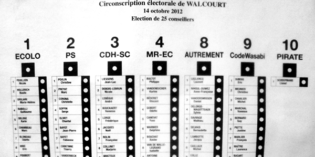
Choosing winning candidates in proportional systems does not increase voter satisfaction
Does expressing a preference for winning candidates as well as voting for a political party improve electoral satisfaction? Damien Bol and his colleagues test whether flexible-list PR improves voter satisfaction using the case of Belgium, and finds that – contrary to expectation – voting for winning candidates does not increase voters’ satisfaction with electoral outcomes compared with ‘party-list’ voters.
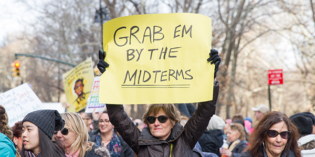
Has the gender gap in voter turnout really disappeared?
While the gender gap in electoral representation is widely acknowledged, it is often assumed that there is no equivalent underrepresentation of women in voter turnout. However, Filip Kostelka, André Blais and Elisabeth Gidengil find that, while women vote in equal numbers in first-order national elections, less high-profile local and supranational elections still see a disparity in turnout between men and women, which has implications for equal participation.
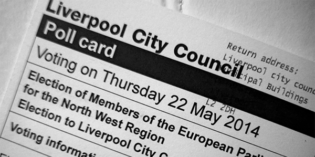
What party competition in England will look like after European Parliament elections end
European Parliament elections may not have been popular, but they used proportional representation – something which England’s national elections lack. Heinz Brandenburg looks at what this means for smaller parties, which have a hard time making headway under the first-past-the-post system.
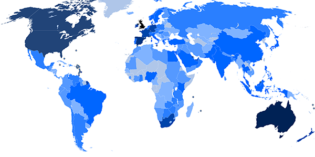
‘Votes for life’ for overseas electors? Principles, process and party politics
A Private Member’s Bill to extend the franchise to all British citizens living abroad is currently under consideration in Parliament. Susan Collard explains how these proposed reforms, which have significant implications for democratic participation, have become caught up in parliamentary procedure and partisan disputes.
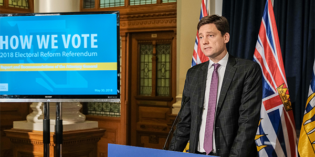
‘How We Vote’: British Columbia faces a complex choice about its electoral system
British Columbia’s voters face their third referendum on reforming the province’s electoral system. Christopher Stafford looks at the choices they face, and notes that the participation (or not) of undecided voters will be key to the result of this postal-vote referendum.

Do party leaflets and canvass visits increase voter turnout?
Experiments in the US consistently find that Get Out The Vote campaigns boost participation at election time. Is the same true for Britain? Using a field experiment carried out in cooperation with the Liberal Democrats in May 2017, Joshua Townsley finds that leaflets and canvass visits did boost turnout, but that postal voters were unaffected by campaign contact.



 Democratic Audit's core funding is provided by the Joseph Rowntree Charitable Trust. Additional funding is provided by the London School of Economics.
Democratic Audit's core funding is provided by the Joseph Rowntree Charitable Trust. Additional funding is provided by the London School of Economics.